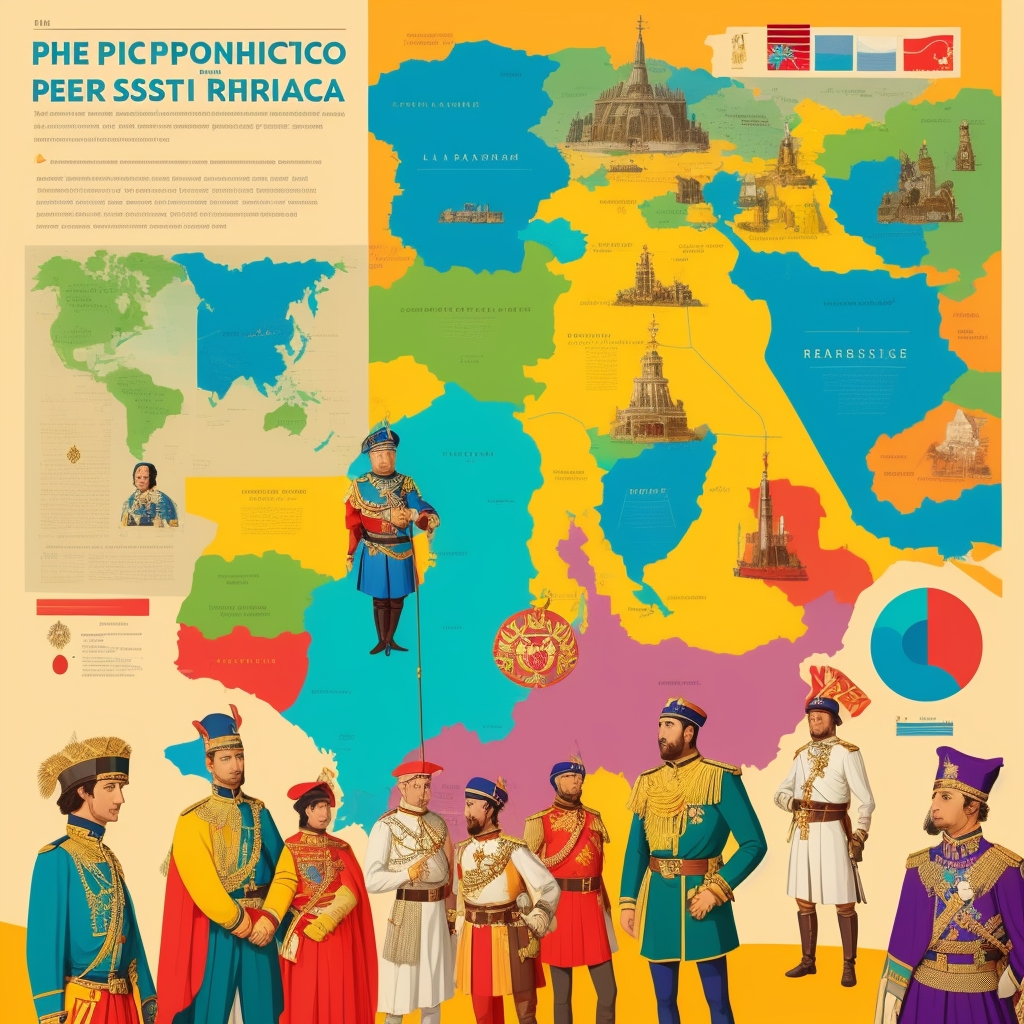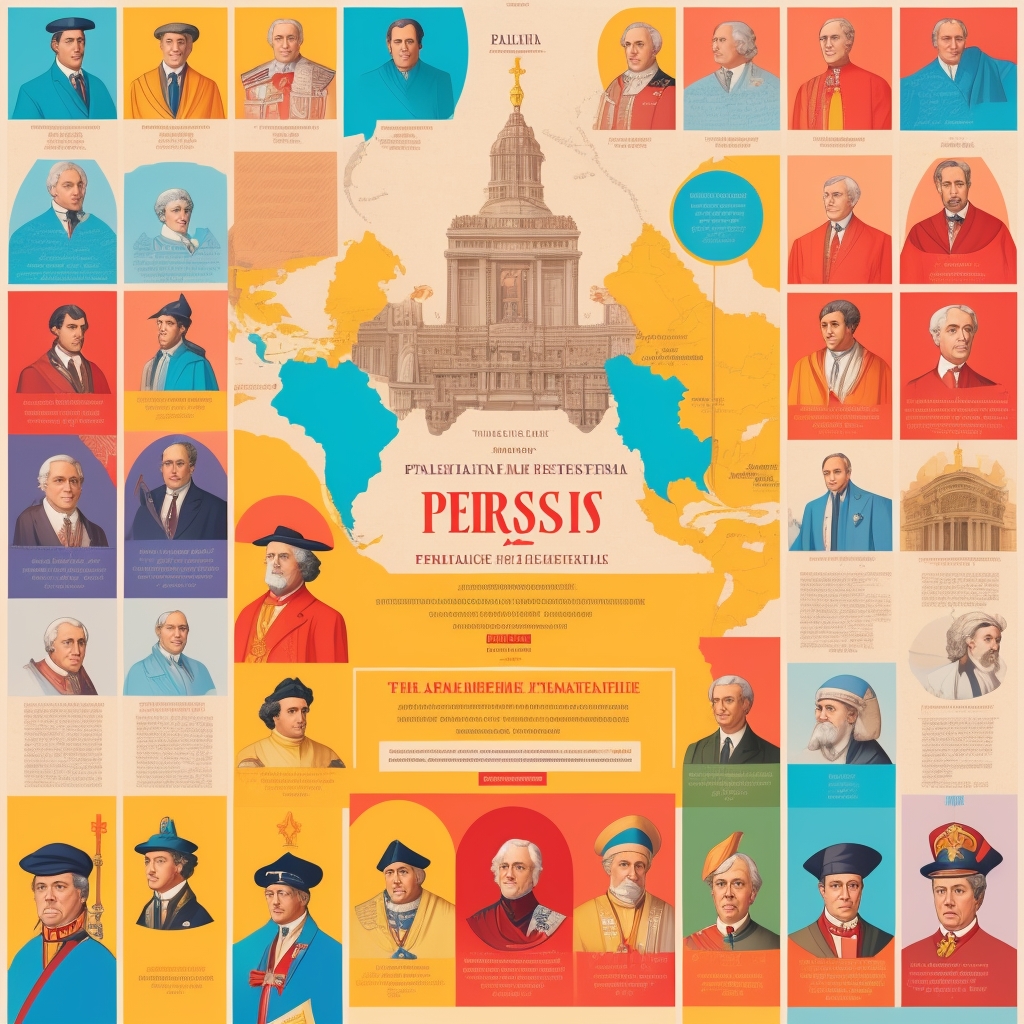The Dreyfus Affair, a judicial and political scandal that shook France at the end of the 19th century, remains one of the most studied historical mysteries. This case, which involved a Jewish officer in the French army wrongly accused of treason, marked a turning point in French political history and had significant repercussions worldwide. This article examines how the Dreyfus Affair influenced French and global politics, drawing on concrete examples and in-depth analyses.
Political Repercussions in France
The Rise of Antisemitism
The Dreyfus Affair revealed and exacerbated antisemitic tensions in France. The army and certain segments of society used antisemitism to justify Dreyfus’s conviction, fueling a national debate on identity and loyalty. This led to intense political polarization, with the “Dreyfusards,” proponents of justice and truth, on one side, and the “Anti-Dreyfusards,” often driven by nationalist and antisemitic sentiments, on the other.
Political Division and the Birth of Intellectual Movements
The affair also fractured French society, leading to the creation of new political alliances and the birth of intellectual movements. Influential figures like Émile Zola, with his famous article “J’accuse…!”, played an essential role in mobilizing public opinion in favor of Dreyfus. This movement contributed to the formation of the League of Human Rights and strengthened republican and democratic ideals in France.
Global Impact of the Dreyfus Affair
Effects on the Zionist Movement
The Dreyfus Affair had repercussions far beyond French borders. It influenced leaders such as Theodor Herzl, the founder of modern Zionism, who witnessed the virulent antisemitism in Paris as a journalist. The injustice suffered by Dreyfus reinforced Herzl’s conviction that Jews needed their own state to ensure their security, thus giving a significant boost to the Zionist movement.
Influence on the International Judicial System
The affair also highlighted the shortcomings of the French judicial system, leading to reforms that resonated internationally. It encouraged the idea of a more transparent and equitable judicial system, influencing similar reforms in other countries, and laying the groundwork for what would later become human rights defense institutions.
Concrete Examples and Use Cases
To illustrate the impact of the Dreyfus Affair, let’s look at some concrete examples:
- Dreyfus’s Rehabilitation: In 1906, after years of struggle and debate, Alfred Dreyfus was rehabilitated by the French army, an act that symbolized the victory of republican values and justice over prejudice and injustice.
- The Birth of the League of Human Rights: Founded in response to the affair, this organization continues to work for the protection of human rights internationally, showing how a national event can give rise to global movements.
- Influence on Citizenship Policies: The affair led to a rethinking of citizenship policies in France, favoring a more inclusive vision less based on ethnic or religious criteria.
Key Takeaways and Best Practices
- The Dreyfus Affair illustrates how a national crisis can have global repercussions, influencing political, social, and cultural movements.
- It demonstrates the importance of justice and truth in maintaining social and political cohesion.
- It highlights the necessity of vigilance against prejudice and systemic discrimination, and the importance of individual and collective voices in the fight for justice.
FAQ
What was the Dreyfus Affair?
The Dreyfus Affair was a judicial and political scandal that occurred in France at the end of the 19th century, involving Alfred Dreyfus, a Jewish officer wrongly accused of treason.
How did the Dreyfus Affair influence French society?
It revealed antisemitic tensions, divided society between Dreyfusards and Anti-Dreyfusards, and led to significant political and social reforms in France.
What was the influence of the Dreyfus Affair on the Zionist movement?
The affair influenced Theodor Herzl and reinforced the idea that Jews needed their own state to protect themselves against antisemitism, giving impetus to the Zionist movement.
What were the global impacts of the Dreyfus Affair?
It encouraged judicial reforms for more transparency and fairness, influencing similar reforms in other countries and laying the groundwork for human rights advocacy.
Why is the Dreyfus Affair still studied today?
It is studied as an example of the fight against injustice and prejudice, and for its lasting implications in French and global politics and society.
Conclusion
The Dreyfus Affair remains a historical mystery of fascinating complexity, having profoundly influenced French and global politics. It reminds us of the importance of vigilance against injustice and prejudice, and the power of social and intellectual movements in transforming societies. Its legacy continues to inspire generations in the fight for justice and equality.
Are there specific aspects of the Dreyfus Affair or its impact that you’d like to delve into further?







